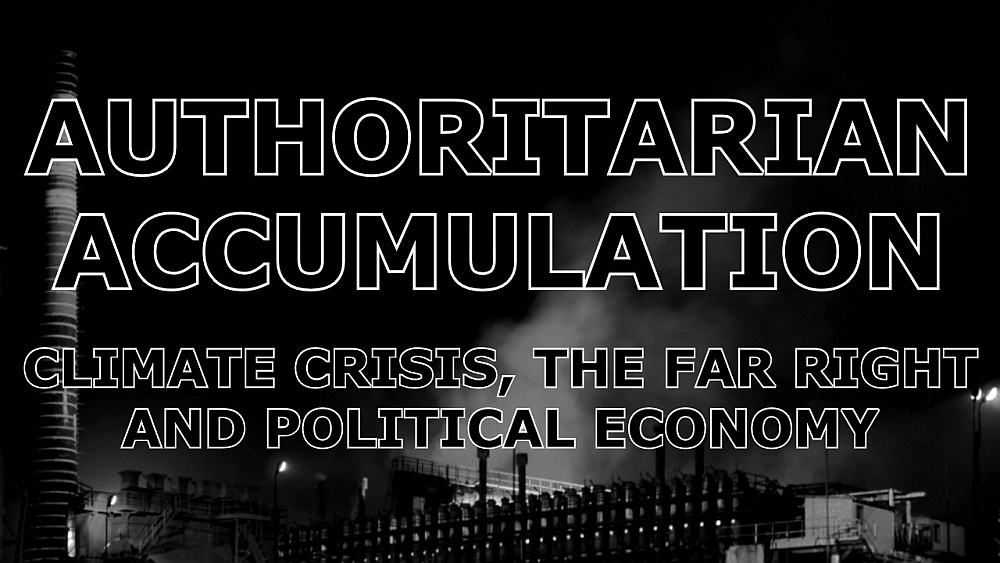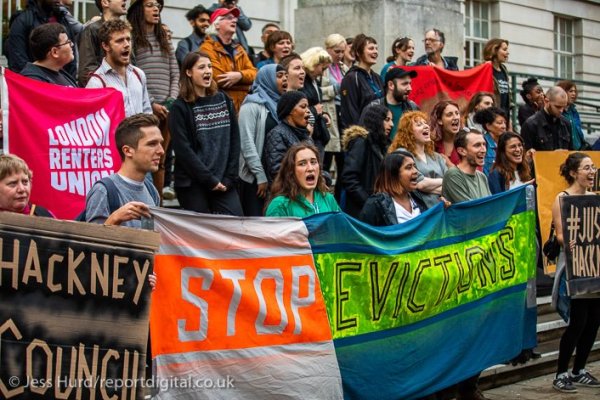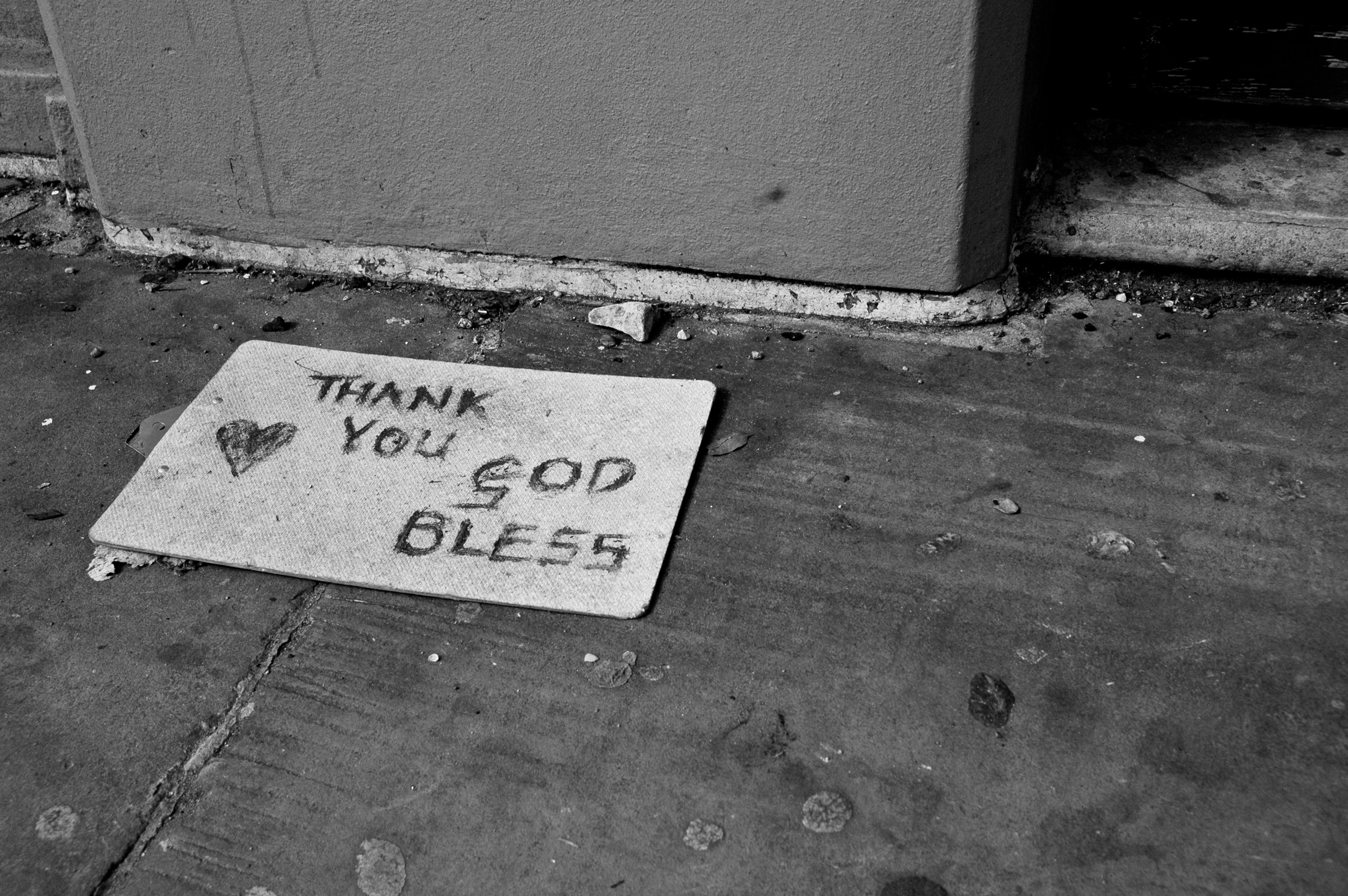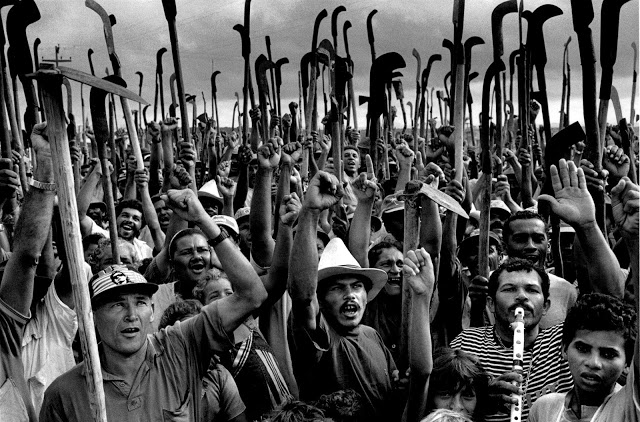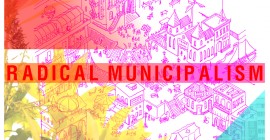There are some ideas that many of us in Plan C London share (and more than a few that are contested). This short text is meant to spark a conversation to lead towards a common understanding of organisation and ‘making politics’ and enable us to create the kind of organisation that works for us right now. It’s not meant as a plan, or manifesto, or anything like that. These are just places to start.
Coherence and Coordination in struggle
We are situated within the local context of London and the UK, but importantly, we are also situated within a transnational context of struggle together with comrades across the world. We are seeking to be involved with building an organisation that enables us to cohere the struggles going on in different parts of London, and in different sectors and spaces (workplaces, communities, etc). Plan C is not the conductor of an orchestra, trying to intervene in struggles from an ‘outside’ vantage point and making everyone play to our tune of ‘what is to be done’; we are people involved in different struggles, coming together to make sense of what we are doing beyond our immediate investments, so that we can talk about the problems we face and help each other to find ways to overcome the problems, share analysis and ideas for action and overall strengthen what we do, and through this process consolidating and building movement, and thus (counter-)power.
This does not preclude the development of campaigns or initiatives that come directly from Plan C (and in fact we hope that we can both organise collectively within Plan C and coordinate our other activities better at the same time). But it is important that we do not start from an event, action or campaign, but allow any such overarching campaign if we find we want one to emerge out of a process of finding commonality in struggle. It’s important that we acknowledge that we are already ‘doing’ a whole host of things, from workplace organising, to community struggles, specific projects and ongoing campaigns. We don’t need another campaign, but we desperately need to find ways to connect up the dots between all the things that we do to become more effective in what we do.
Starting from where we are at
It is absolutely central that we start from where we are and who we are. This does not being from within the practice of activism (Andrew X’s text that he wrote after J18 (i.e. over ten years ago) is still instructive. In it, he advocated ‘giving up activism’. You can refresh your memories here: http://libcom.org/library/give-up-activism). Rather, we think that it means starting from a radical reappraisal of what it means to be militant.
We would like to build an organisation that is able to develop a common analysis of the present to help us figure out how to organise better. We would like us to take seriously the concerns that brought this small motley crew together: existing forms of organisation are not up to the task, we need to find new ones. But when we say “we”, we surely cannot mean twenty people in a room in a city of eleven million people. We say this not because we don’t think that small groups and individuals cannot act; it is because we want to be involved in building an organisation that is bigger than twenty people in a room in a city of eleven million people. It is because we think that a much bigger organisation with many more people will be more successful at creating alternative social relations, fighting the attacks on our livelihoods by capital and transforming existing relations of power.
Our experience so far tells us that it is not possible to come up with the right manifesto, the right decision-making structure, the right schedule of meetings, the right campaign or the right action as a key to unlocking movement. Not because we are not intelligent enough to come up with all of these things, but because all of these things are part and parcel of the process of organising together with others – there is no revolutionary blueprint that can be articulated in advance and we should not waste our time trying to find it. Besides, an ‘event’ whether it’s a summit protest or an occupation remains precisely that – an event – if it cannot become something that is able to manifest in the everyday lives and practices of struggle and life. Often, we rush into the event (action, protest, campaign) precisely because it makes us feel like ‘at least we’re doing something’ and there’s nothing like the exhilaration of the event to make us feel alive and make us feel that we matter. But surely, we have been through enough of these already to know that they are but a tactic, not ends in themselves.
And so, if we are to move, we need to listen – not just to each other – but to the people we want to be organising with. There is an old union saying that organising is 30% talking and 70% listening. This makes a lot of sense to us – how else are we going to know what’s going on for people? How else are we going to have some humility? And how else are we going to start feeling comfortable about saying, ‘I don’t know what the answer is, but I want to find out together with others.’ This does not mean we throw our experience to the wind – it means putting it into circulation.
Taking Care
We want to build an organisation that takes care seriously. As we know, one of the things that neoliberalism did is smash existing class solidarities and collectivities. What dominates now is the notion that we are all atomised individuals that not only should be self-interested but have to be self-interested because there is nobody else out there that’s going to help us if we don’t help ourselves. The problem is: this is not simply an ‘idea’ of what it means to be in the world, i.e. we can’t just counter it with alternative narratives. The problem is that for the most part our lives are organised like this because we have had little choice not to do so given of the material realities of capitalism. Even when (and precisely because) capital relies on our collaboration to create value, we are pitted against one another in competition, through wage hierarchies, divisions of labour, class habitus, race, gender, and so forth. To say that neoliberalism smashed a lot of good stuff is not to say that there was a perfect world that we want to go back to. First, because that world was certainly not perfect and second, because that’s simply not possible. But recognising these historical contingencies on the level of how we understand ourselves and relate to one other can help us to ground a process of building collectivity in the material realities of our lives. Especially because it is precisely where austerity hits hard. It is precisely where we have to organise to fight the cuts. It is precisely where we have to help ourselves and each other in the face of unemployment, redundancies, lack of income, lack of access to education, health care, child care, eldercare; mental health problems, fuel poverty and so forth. This does not mean setting up a nice community café or nursery school, our task is to take this struggle beyond the fortresses of privilege as a radical contestation of the closed shop communitarianism of the privileged and wealthy.
Importantly, we have to understand our own limits. We have to do something different from a form of hyper-activism that simply produces burnout and high turnovers of individuals passing through the mills of organisations that take them up, use and abuse them and spit them out the other side, and we have to understand how the power differentials of a class, racialised and gendered society inform some of the resentments and play into the preconceptions and mistrust that often surfaces within groups (including this one). These are not personal issues, they are political challenges.
At this point right now that Plan C is a project, a project towards building an organisation.

